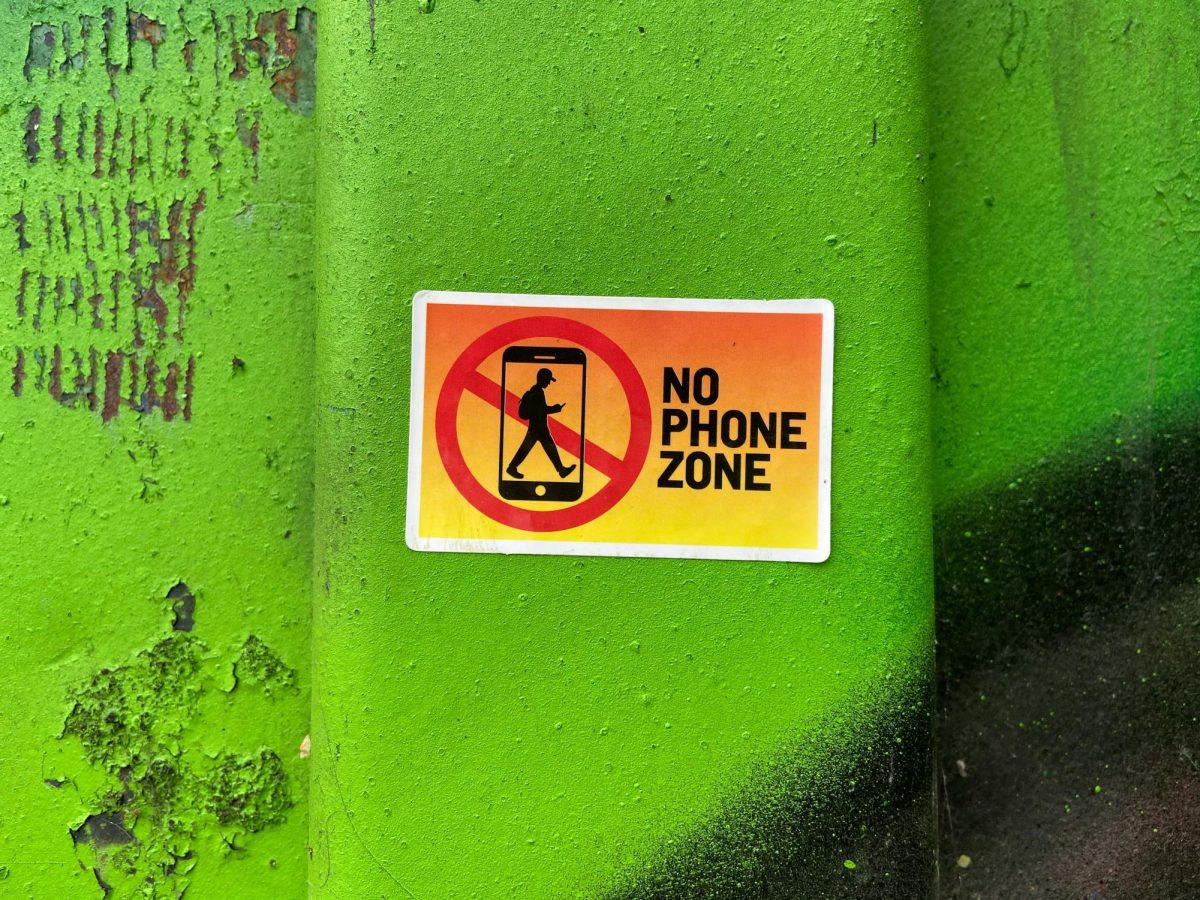As the November 10 deadline for AP exam registration concluded, many Ward Melville students paid hundreds of dollars just to take some tests.
The high price of these exams has been a hot topic amongst students and parents who feel as though they should not have to pay for an exam that few actually want to take. The driving factor is the desire to look accomplished on college applications. And the price of AP exams has gone up from last year by $1.
While the cost of these exams is nowhere near as much as it would be to attend a college-level equivalent class, it is unfair that students are financially burdened for taking challenging courses. It is often the case that students are taking multiple AP courses, meaning that they will have to pay hundreds of dollars a year just for exams. While financial aid is offered to some students, a large majority still have to pay the full price. The cause of this costly price point is that the College Board is a non-profit organization, and they have to be the ones to distribute and create the exams. Nevertheless, students should not have to pay the price.
North Carolina created a partnership with the College Board to fund the AP exams within public schools because they wanted to increase the accessibility to AP courses. New York State’s adoption of a policy like this would resolve the problem of high costs and not disadvantage underprivileged students.
It is, however, not just the price that is problematic. The deadline for enrollment is November 10, which is another issue. Registration opens in October, a particularly stressful time for Ward Melville, as it is the end of the first quarter. Students are often overwhelmed with quarterly exams and wrapping up loose ends, causing them to lose sight of the short period they have to enroll. Should students forget to enroll by November 10, they must pay a $40 late fee per exam. If a student is taking multiple exams, this means they could be paying more than one exam itself in just late fees. The deadline for enrollment should be extended because it is easy for the overly stressed high schooler to forget about the mere weeks they have to complete this process. Additionally, many seniors may want to wait to pay the large price until after receiving a decision from their top college. Only some colleges accept AP Exam credit, which makes it a useless purchase if their university won’t award credit. Students applying for Early Decision hear back around mid-December, depending on the school, which is a month after the registration deadline.
Another problem with AP Exams is that standardized testing has its own set of pros and cons. There are benefits, such as the same, fair questions for all test takers. However, there are still many downsides because not all students demonstrate proficiency in the same way. Some students are just bad test takers. They might be able to write a beautiful essay with perfect grammar in class, but then choke up when asked if there should be a comma or semicolon before the word “and.” Furthermore, standardized tests fail to measure other important qualities, such as leadership and collaboration, which are equally important as book smarts in the real world.
The largest problem with AP exams and courses is the amount of stress they put on students. Students frequently take upwards of three AP classes solely because of the competitive nature of the college admissions process. Beginning in middle school, it is drilled into students’ minds that they must take a certain amount of AP courses to stand out to admission officers. The course load is planned by students’ guidance counselors years in advance, especially for core subjects. This forces them to live up to predetermined, extremely high expectations. In turn, students are forced to take elective AP courses they don’t even have a passion for.
These exams cause unnecessary stress when other advanced course options, like honors classes, exist. The bar for excellence has been placed so high that these classes are deemed less impressive. It is ridiculous that already advanced students have to feel less than, just because they are not taking an AP course.
Additionally, pushing students into classes they are not ready for ultimately does them no good when it comes time to take the test. I know several students who got 2s on exams because they did not understand the material throughout the year and were not able to figure it out before the exam. There is no point in taking AP courses when for bad test takers. It also defeats the whole purpose of looking appealing to college admissions officers.
Students are being failed both academically and figuratively because they are being pressured to take classes that are too hard and meet an unrealistic standard.









